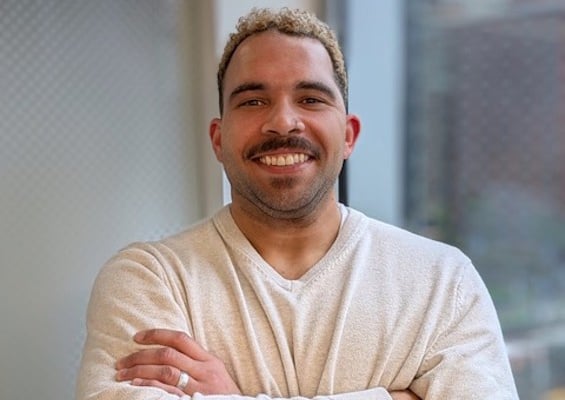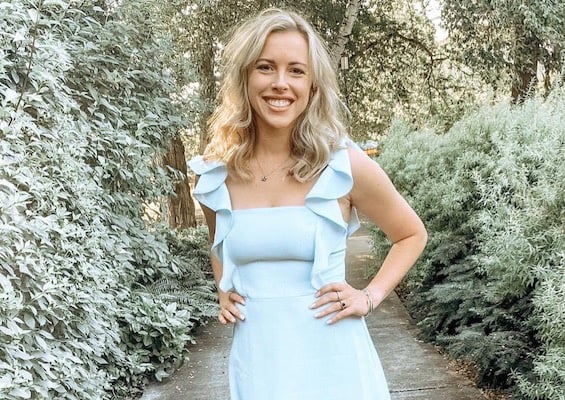One of the advantages of being in a part-time MBA program is the opportunity to learn from the expertise of your classmates. If you flip that on its head, it is just as important to consider what your classmates can learn from your expertise.
Something Jarrett Wright, MBA 22, wasn't expecting was “… personally being called on as an expert and comfortably stepping into that power.” A serial entrepreneur in the finance and real estate spheres, Jarrett’s classmates know they can rely on him for straight talk about the rewards and challenges of start-ups. His latest enterprise is Higher Rewards, a financial institution that enables community-facing organizations to offer their members a self-branded credit card that supports the organization each time the card is used.
Expertise like that, and in disciplines like operations, finance, and leadership, abounds in Haas classrooms, study groups, and co-curricular clubs. “You get a lot of people that are very passionate about the work that they currently do and will continue to do,” said Chris Dekmezian, MBA 24, a product manager at QuantumScape. “Interacting with them has allowed me to learn from their deep expertise in their respective fields.”
There's a real 'we're in it together' culture"
Some of that expertise is reflected in the work seniority of the typical evening & weekend MBA student: eight years, compared to three or four for full-time MBA students. “Class discussions are lively,” said Alex Holden, MBA 23. “The professor teaches the academic solution, and a classmate raises their hand and how they experienced this in their career. Then another classmate raises their hand and gives a different opinion about how to solve it. There's a real 'we're in it together' culture.” Alex is a manager, US Co-Brand Business Development & Partnerships at Visa.
“There have been so many cases where we are talking about a scenario or a company in class, and someone in the class has or does work there. They can bring live, real-time examples of how that case turned out or how it's impacting the company,” said Farzad Yousefi, MBA 23, a field applications engineer at Intel. “That just enriches the experience so much.”
Ghita Soulimani, MBA 23, a senior manager of clinical partnerships at Color Health, agrees. When it comes to the frameworks professors discuss, she said, ”In one room you have all these companies in one location, and you learn how those frameworks apply to these companies in a different setting or in a different function.”
Another advantage is the ability to apply immediately what you learn from your classmates and professors back on the job.
As Alan Duong, MBA 22, a consultant at EY-Parthenon in San Francisco said, “we lean on each other to ask, ‘Hey, I tried this. It didn’t work, How did you do it?’ Then, at your own company, we have that opportunity to blend classroom teachings into the real world and constantly get this reinforcement feedback, over and over again.”
“It's been just tremendous being able to use what I'm learning in the classroom, especially the soft skills… negotiations to navigating power and influence within the organization and being able to use that on a day-to-day basis, right away,” said Nana Lei, MBA 22, a senior consultant at Deloitte.
For Marissa Maliwanag, MBA 24, senior manager, Global Logistics & Provisioning at Fuze, “It feels like immersive language learning, where you're really learning all these things in the classroom and then you're getting to apply them directly in your professional career.”
What do you have to learn in an MBA program? What do you have to teach others? Think about it as you think about an MBA.
Listen to more discussion of the Immediate Impact of a part-time MBA.
Interested in making an impact through your career? An MBA from a top business school can help you grow your network and leadership skills so you can take the next steps toward a fulfilling career.









